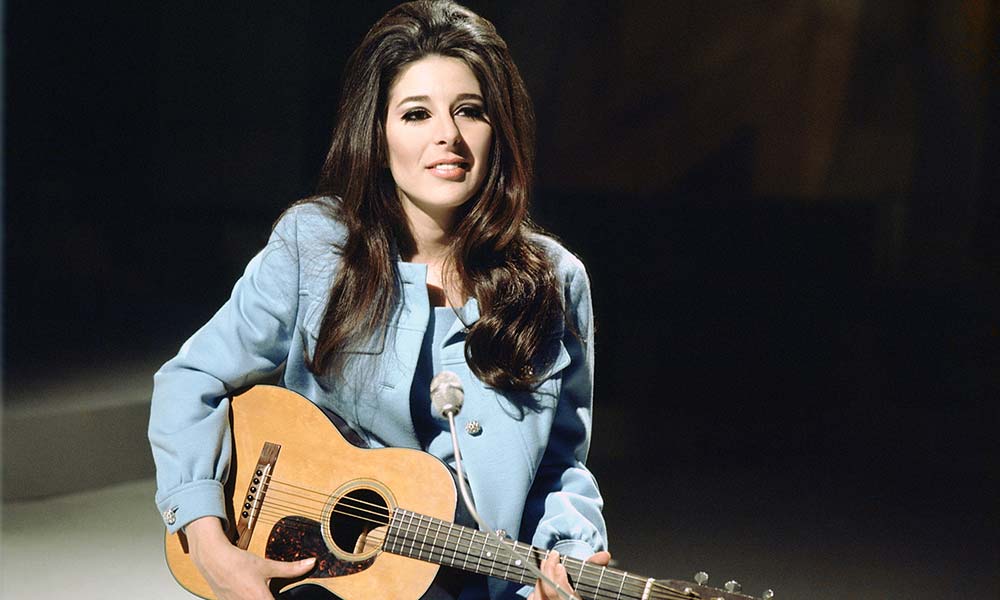
About the song
In the annals of American music, few songs have captured the essence of small-town life, heartbreak, and the complexities of human relationships quite like Bobbie Gentry’s “Ode to Billie Joe.” Released in 1967, this haunting ballad became an instant sensation, topping the Billboard Hot 100 chart and cementing Gentry’s status as a rising star.
The song’s narrative, set in the Deep South, revolves around a young woman named Rebecca who receives a letter from her brother, Billie Joe, informing her of his decision to jump off the Tallahatchie Bridge. The news shocks Rebecca, sending her mind reeling with questions about her brother’s motivations and the events leading up to his tragic demise.
As the song unfolds, Rebecca reflects on her childhood memories of Billie Joe, painting a portrait of a complex and misunderstood individual. She recalls his rebellious nature, his love for music, and his strained relationship with their strict father. These recollections intertwine with her present-day grief and confusion, creating a tapestry of emotions that resonates deeply with listeners.
“Ode to Billie Joe” is not merely a song about suicide; it is a profound exploration of the human condition, delving into themes of alienation, family dynamics, and the search for meaning in the face of tragedy. Gentry’s lyrics are infused with poetic imagery and Southern vernacular, lending the song an authenticity and emotional depth that has captivated listeners for decades.
The song’s release was met with controversy due to its perceived references to interracial relationships and abortion. However, Gentry has maintained that the song’s true meaning is open to interpretation, leaving listeners to draw their own conclusions about the events that transpired between Billie Joe and the girl he threw off the bridge.
Despite the controversy, “Ode to Billie Joe” remains a landmark in American music, recognized for its groundbreaking songwriting, haunting melody, and timeless themes. It has been covered by numerous artists, including Elvis Presley, Linda Ronstadt, and Elton John, and its influence can be heard in the work of countless songwriters and performers.
“Ode to Billie Joe” is more than just a song; it is a cultural touchstone, a reminder of the power of music to evoke profound emotions and shed light on the complexities of human experience. Its enduring legacy is a testament to Bobbie Gentry’s artistry and her ability to craft songs that resonate with listeners across generations and cultures.